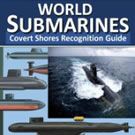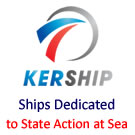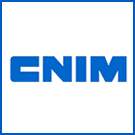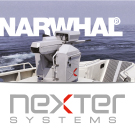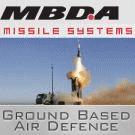 Kelvin
Hughes stand at DSEI 2015 Kelvin
Hughes stand at DSEI 2015 |
|||
Most recently,
the Republic of Singapore Navy’s new Littoral Mission Vessels (LMVs)
have been equipped with SharpEye™ to complement a range of advanced
sensor technologies. In addition, the Royal New Zealand Navy is employing
SharpEye™ for the helicopter recovery system on its ANZAC class
frigates, HMNZ Te Kaha and HMNZ Te Mana. The UK Royal Navy and Royal Fleet
Auxiliary have also ordered SharpEye™ systems for three River class
Batch 2 OPVs and four Tide class fleet tankers, both classes deploying
the radar for navigation, collision avoidance, small target detection
and helicopter control. The navies of Australia, Bangladesh, the Republic of Ireland, Malaysia, Nigeria, Singapore, Algeria and the United States are also amongst those who have selected SharpEye for a range of purposes and missions in all weather conditions. Such is the advanced detection performance of SharpEye™ that it has even replaced the need for secondary radar, such as RRB, for helicopter control. With no magnetron, so no routine maintenance and no requirement for formally qualified radar engineers on-board, SharpEye™ delivers a combination of extremely high reliability and low through life costs. Moreover, with an upmast transceiver, there is no waveguide to compromise citadel integrity and signal loss is reduced. SharpEye™ transmits a low power, patented pulse sequence enabling short, medium and long range radar returns to be detected simultaneously. The radar operator therefore maintains situational awareness regardless of the range scale setting of the radar display, whilst other users of the radar can select their own radar display range scale. Doppler processing of radar returns provides coherent information concerning a target’s velocity and ensures the detection of very small and slow moving objects with a low Radar Cross Section (RCS). Through a series of electronic filters, SharpEye™ is able to distinguish between targets of interest and clutter whilst customisable waveforms can be configured for specific threats and to track specific targets such UAVs, drones and helicopters. The radar’s low power output also reduces the probability of detection by ESM equipment. Spike Hughes, Kelvin Hughes’ Sales and Marketing Director, commented: “The fact that 25 of the world’s navies are now operating our type-approved SharpEye™ radar is proof that we are meeting the needs of modern naval equipment support programmes, delivering higher performance and versatility with compliant operation at sea and much reduced through-life costs.” |
|||
DSEI 2015: Kelvin Hughes SharpEye solid-state Doppler radar the standard for the world’s navies
- Posted On





